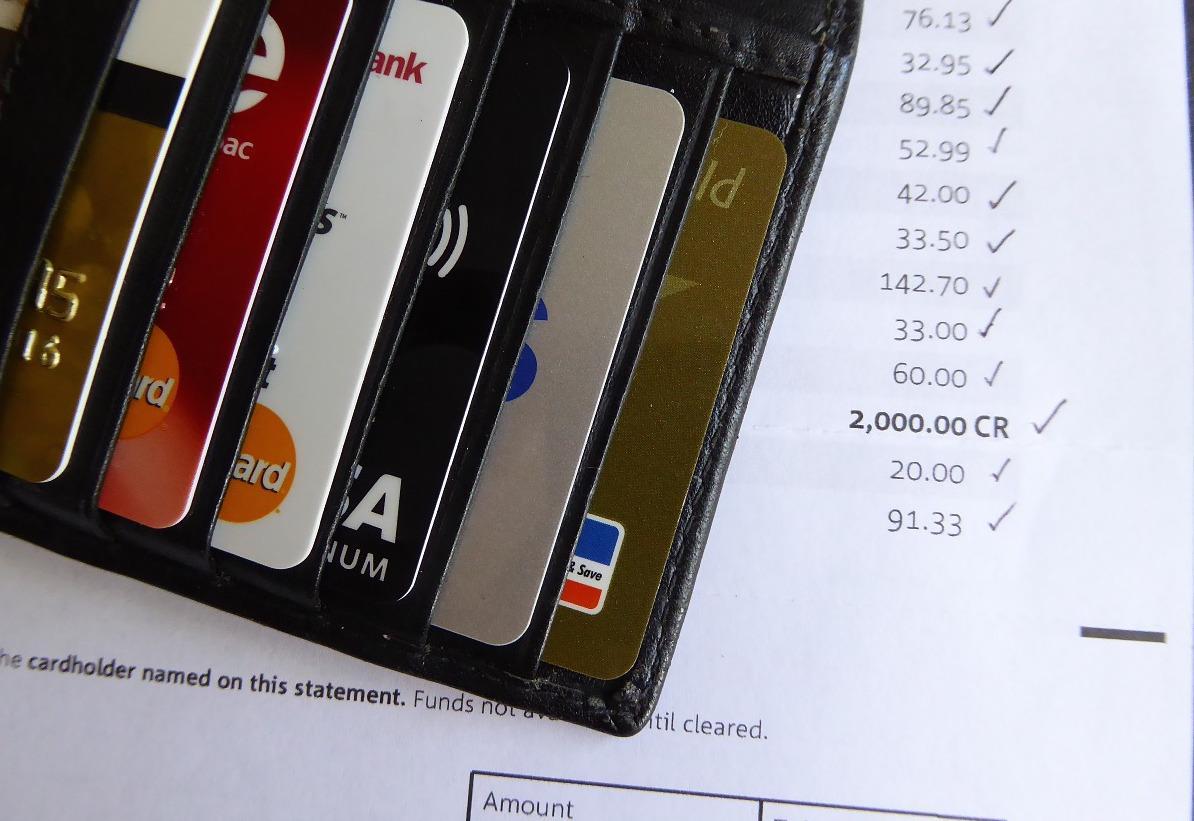Keeping up with receipts and other paperwork is often the bane of a business owner’s existence. It’s the worst part of many people’s day or week, especially at tax time.
Ensuring these documents, and the handy data they contain for your Schedule C, are properly kept, maximizes deductions and protects your business in the case of a possible audit.
In the words of a wise philosopher: “It’s better to have them and not need them than to need them and not have them.”
If you’re just starting your business, or you’re a seasoned small business owner, it’s good to go through the following checklist to make sure you’re protecting yourself and your company.
You may have a lot of questions, for instance, how long should you keep receipts? To help you successfully tackle small business records management, I’ve pulled together a list of what you should be keeping and for how long.
1. Bank Statements (keep for three years)
Bank statements prove that your business is, in fact, generating revenue. Generating revenue with the expectation of making a future profit is one of the main factors the IRS considers when deciding if you are operating a real business or if it’s just a hobby.
Most banks give you access to monthly and yearly bank statements online. Keep the monthly statements handy until you receive your year-end report. Then, securely shred and recycle the monthly statements or delete them from your digital files.
If you’re still receiving paper statements, make sure you get those digitized and stored in the cloud. Or better yet, go ahead and sign up for digital statements.
2. Payable and Receivable invoices (keep for seven years)
Hold on to invoices that you send for payment or ones that vendors, contractors, and suppliers send to you for goods and services rendered.
Invoices are important because they are the basis for profit and loss statements (P&L). This is one of the main things the IRS pays attention to in the case that you’re audited. Payable invoices serve as expense documentation, and receivable invoices serve as receipts of gross income.
Some examples of invoices small business owners should keep include:
- An invoice from the manufacturer you purchase your T-shirts from
- Your annual invoice for your email server
- Your monthly invoice from your packaging provider
- An invoice you sent to a client who made an order over the phone instead of through your site
While most invoices will include line items, the IRS says to make sure they include a description making clear the invoice was for a business expense.
3. Home office expenses (keep for three years)
One of the best things about owning your own business is the option to work from home. If you do work from home and have a designated space you use to work, you can make deductions based on that square footage.
If you’re curious if your home office meets the IRS regular use test, you can check it against their standards here.
The major perk of a home office is the large range of deductions you can claim because of it.
Be sure to hold onto your utility, internet, home insurance, second phone line, and property tax bills. A fraction, or sometimes all, of these bills could also be deducted from the taxes you owe.
4. Office supply expenses (keep for three years)
In addition to your home office expenses, you can also deduct the supplies you use to furnish your office.
Did you buy a new iMac, printer, and desk to help run your new e-commerce store or photography business? That’s deductible. Just be sure to keep the receipts.
Check out Keap's Lifecycle Automation Assessment to determine where your business stands among the industry's top performers.
5. Vehicle and mileage expenses (keep for three years)
Even if you’re conducting most of your business from home, the occasional use of your personal vehicle for business activity can be deducted. This is known as a “mixed-use asset.”
Whether you’re meeting with a graphic designer at a coffee shop or picking up supplies from your local crafts shop, it’s important to track those trips.
Track your miles traveled using a notebook in your car or download one of the free mileage tracking apps out there.
You should also hold onto bills for routine maintenance such as oil changes, tire rotations, or other major automobile repairs.
To stay on the more cautious side, always ask for itemized receipts that break down exactly what services and parts were included.
6. Advertising expenses (keep for three years)
The good thing about marketing and advertising is that they’re deductible expenses.
If you’re paying a monthly fee for CRM and marketing automation, for instance, you can deduct that. If you’re paying someone to manage your AdWords, that’s deductible too. You could also deduct the expense of running your own PPC ads.
Another convenient thing about digital advertising expenses is that almost all of them give you digital eReceipts. eReceipts are extremely easy to keep track of. Simply create a “Receipt” folder in your email program, and drag and drop them in there as soon as you receive them.
I should note that eReceipts and other digital forms of receipts are always accepted by the IRS. They’ve been accepting them since 1997.
7. Tax returns (keep for at least three years)
Your accountant will likely want to reference last year’s return for this year’s filing. The IRS could also ask for them if you’re audited.
Many tax services and software give you the option to download a PDF of your returns so you can store them digitally. As I’ve said above, always take advantage of going digital.
Conclusion
While this list is certainly not exhaustive, it should give you a solid framework for what you should start filing and what you shouldn't. If you’re looking for a comprehensive list, you can start at the source itself—with the IRS. Here’s a useful document on their website that details recordkeeping for businesses.
I’d also like to note that it never, ever hurts to hire an accountant. Their job is to know the updated tax codes, and they can ensure that your business stays compliant. Yes, TurboTax Business is an awesome tool, but it never hurts to have a professional look at your filing before you submit.
Please be advised that this article is not intended to serve as legal or professional tax advice.
Mike Hourigan works for Shoeboxed, the leader in paper and digital document organization. Mike connects small business owners with the right technology to help them protect their businesses from audits and lead more productive and organized lives. Since 2007, Shoeboxed has helped more than 1 million business owners go paperless and maximize their deductions.





